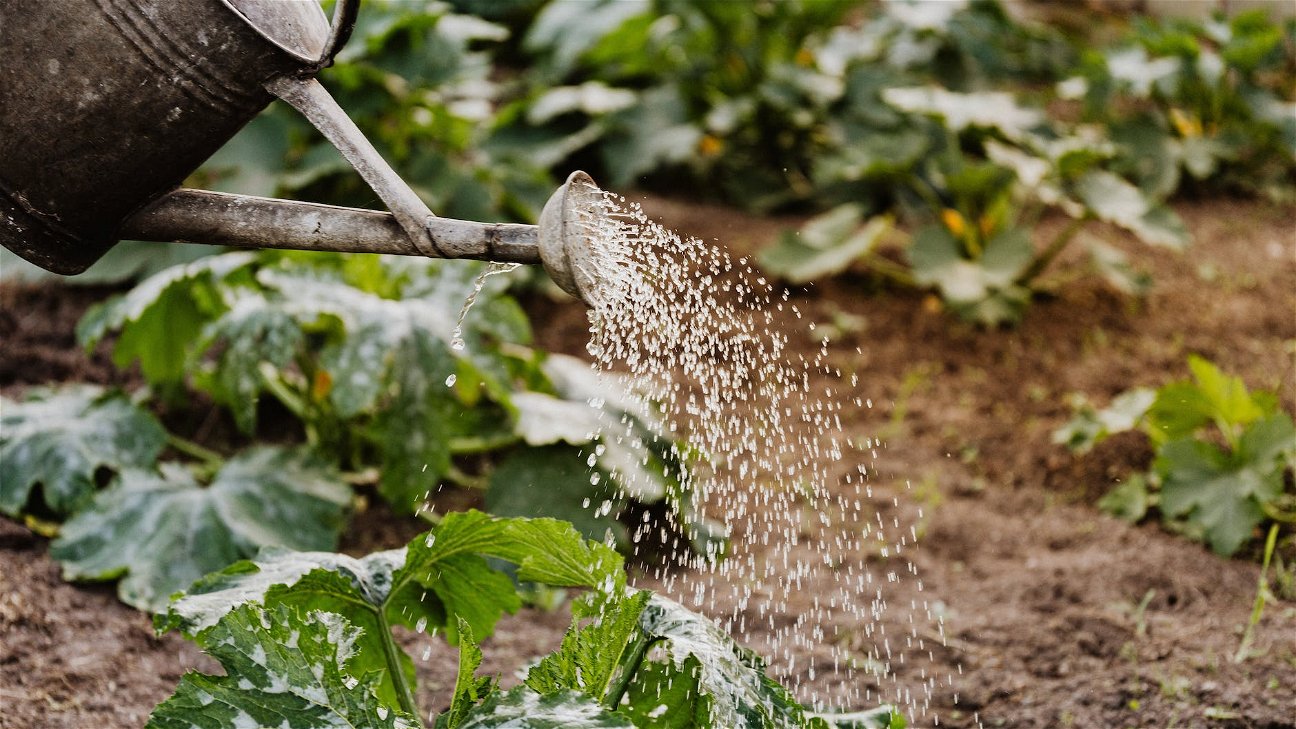
Are you looking for ways to make your home more sustainable? One of the most effective ways to reduce your environmental impact and save on your water bill is by recycling greywater. This article will guide you through the basics of greywater recycling, including its benefits, how you can implement it in your home, and tips for maintaining a greywater system.
What is Greywater?
Greywater is wastewater generated from domestic activities such as laundry, dishwashing, and bathing. It's called 'grey' because it's only slightly soiled, not heavily contaminated like blackwater, which comes from toilets.
Benefits of Greywater Recycling
Recycling greywater has numerous benefits for the environment, your garden, and your wallet. Here are some of the main advantages:
-
Reduced water waste: By reusing greywater, you significantly reduce the amount of water your home sends into the sewer.
-
Lowered water bills: With less need for fresh water, you'll naturally save on your water bills.
-
Healthier plants: Greywater often contains nutrients that are beneficial to plants.
-
Sustainability: Greywater recycling is a great way to contribute to sustainable living and conservation of water resources.
How to Recycle Greywater at Home
There are several ways to recycle greywater at home. The simplest method is to manually bucket out greywater from your bath or washing machine. However, for a more systematic and efficient approach, you can install a greywater system in your home. Here's how you can do it:
-
Identify your greywater sources: These typically are showers, sinks, and washing machines.
-
Choose a greywater system: There are two types - direct diversion systems (that send greywater straight to the garden) and treatment systems (that filter the water before reuse).
-
Install the system: This might require professional help, unless you're handy with DIY projects.
-
Use environmentally friendly products: Since greywater will be reused, ensure you use soaps and detergents that are biodegradable and plant-friendly.
-
Maintain the system: Regular maintenance is crucial to ensure the system works efficiently.
Remember, local regulations vary on greywater usage, so it's important to check with your local authorities before installing a system.
Greywater Recycling Tips
-
Don't store greywater for more than 24 hours, as it can start to smell and breed bacteria.
-
Avoid using greywater on vegetables or edible plants, as it may contain pathogens.
-
Consider integrating your greywater system with rainwater collection for maximum water savings.
Greywater recycling is an excellent way to contribute to sustainable living. Not only does it reduce your water usage and save on bills, but it also has the added benefit of helping your garden thrive. With some effort and care, you can make a significant difference to your home's environmental impact.











